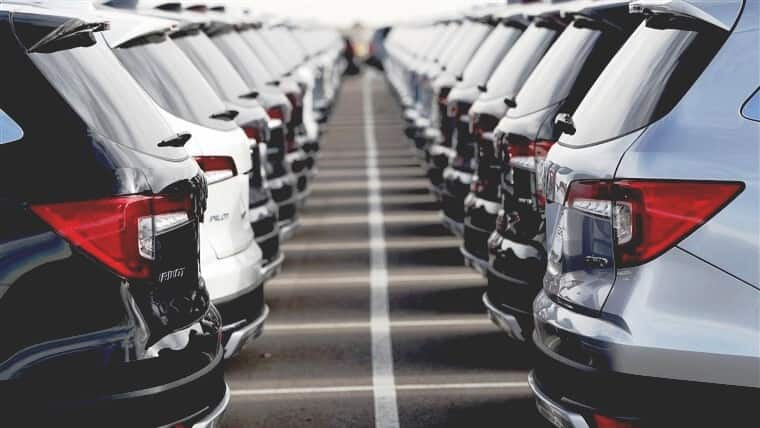
How 18% GST could hurt demand for used cars
What's the story
India's booming pre-owned car market is set to slow down. This comes after the Goods and Services Tax (GST) Council increased tax rates on used cars from 12% to 18%.
The decision, taken on December 21, applies to all kinds of pre-owned vehicles including electric ones.
However, the revised GST rates only apply to vehicles bought by businesses.
Individual impact
Tax rate for individuals remains unchanged
Notably, the new tax structure doesn't apply to people who buy and sell old vehicles, as their tax rate continues to be 12%.
The decision has been criticized by opposition leaders such as Arvind Kejriwal and Akhilesh Yadav, who accused the government of favoring the affluent class.
"In a country with single-digit car ownership, policies that impact affordability like the recent GST hike can unintentionally slow down this progress," warned Vikram Chopra, CEO of Cars24.
Sector expansion
GST hike coincides with sector growth
The GST rate hike comes at a time when the used car segment is booming.
In FY23, India sold 51 lakh used cars, taking the industry's value to $34 billion.
This segment is tipped to grow further to $73 billion and sell 1.09 crore used cars by FY28, as per a recent report by Car&bike and Das WeltAuto by Volkswagen.
Mobility concerns
Used cars are crucial for mobility in India
Chopra stressed used cars are critical in providing mobility to millions of Indians, especially those living in Tier 2/3 cities and rural areas.
He was concerned that the new GST rates could hamper the sector's growth prospects.
"The hiked rates will especially be painful because there are already other components that are taxed at a high rate," he added.
Taxation challenges
High GST rates on input parts and services
Amber Sayad, the head of the pre-owned cars business at Stellantis, emphasized that parts and services used for repair and maintenance of second-hand cars already attract 18% GST.
This further raises operational costs in the used car market.
"If the GST rate hike is implemented, the industry may face higher overall taxation on second-hand vehicle sales, potentially slowing down demand in this segment," Sayad warned.
Business impact
Businesses using pre-owned cars as capital assets to be affected
Businesses that purchase pre-owned cars as capital assets, such as certain ride-hailing companies and e-commerce platforms, will be hit the hardest by the higher tax rates.
Sandeep Aggarwal, the Founder and CEO of Droom, a used car marketplace, said, "In the last few years due to ride-hailing, quick commerce and food delivery automobiles have become a significant asset to make money."
He added, "For such businesses buying used cars has now become more expensive."
Dealer dilemma
Used car dealers to feel the pinch
Organized used car dealers serving smaller businesses are also likely to be affected by this tax hike.
According to the Indian Blue Book (IBB) report, the unorganized segment constitutes roughly 45-50% of the pre-owned cars market while organized transactions account for about 20%.
The rest 30-35% is accounted for by consumer-to-consumer (C2C) transactions.